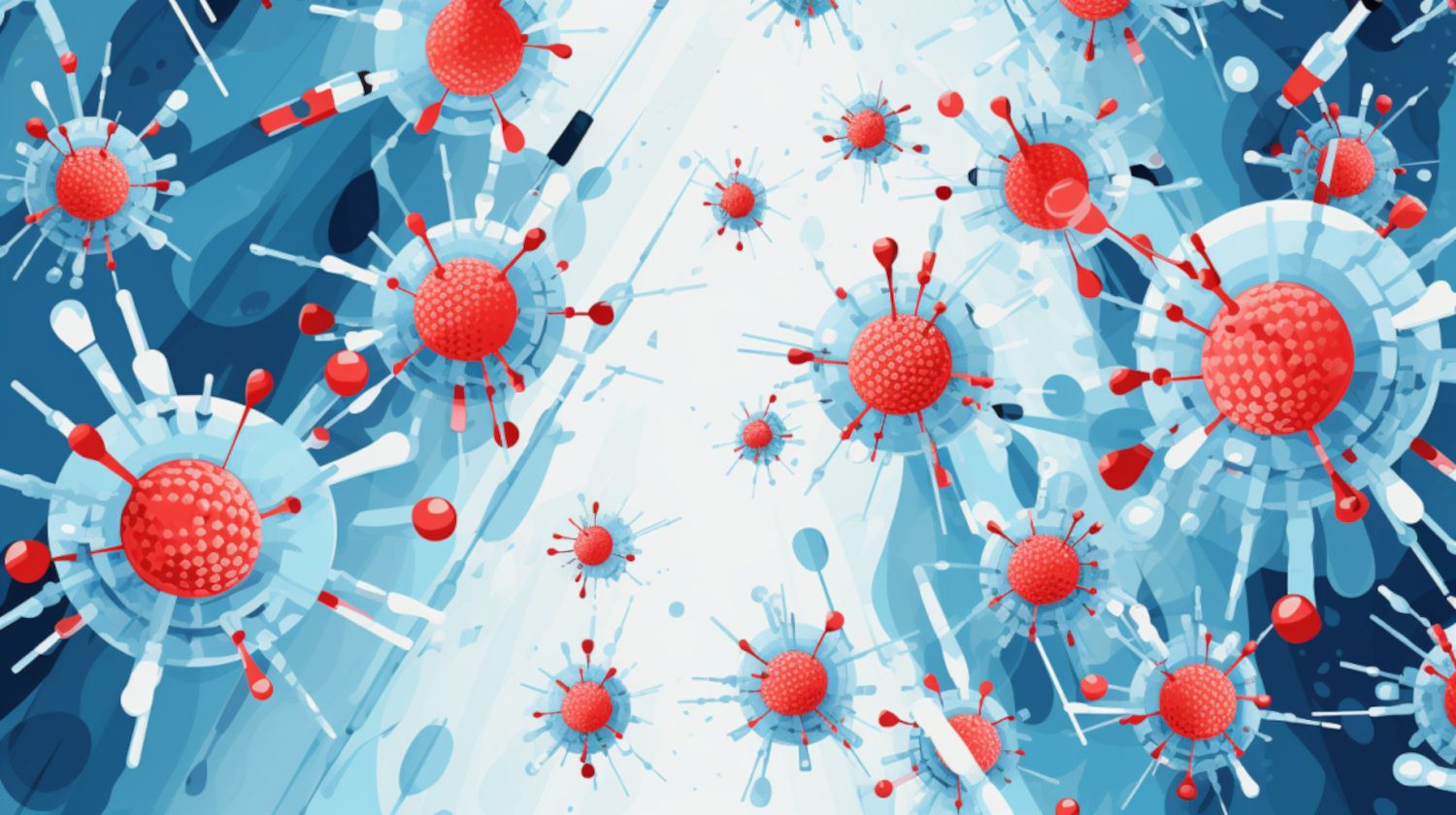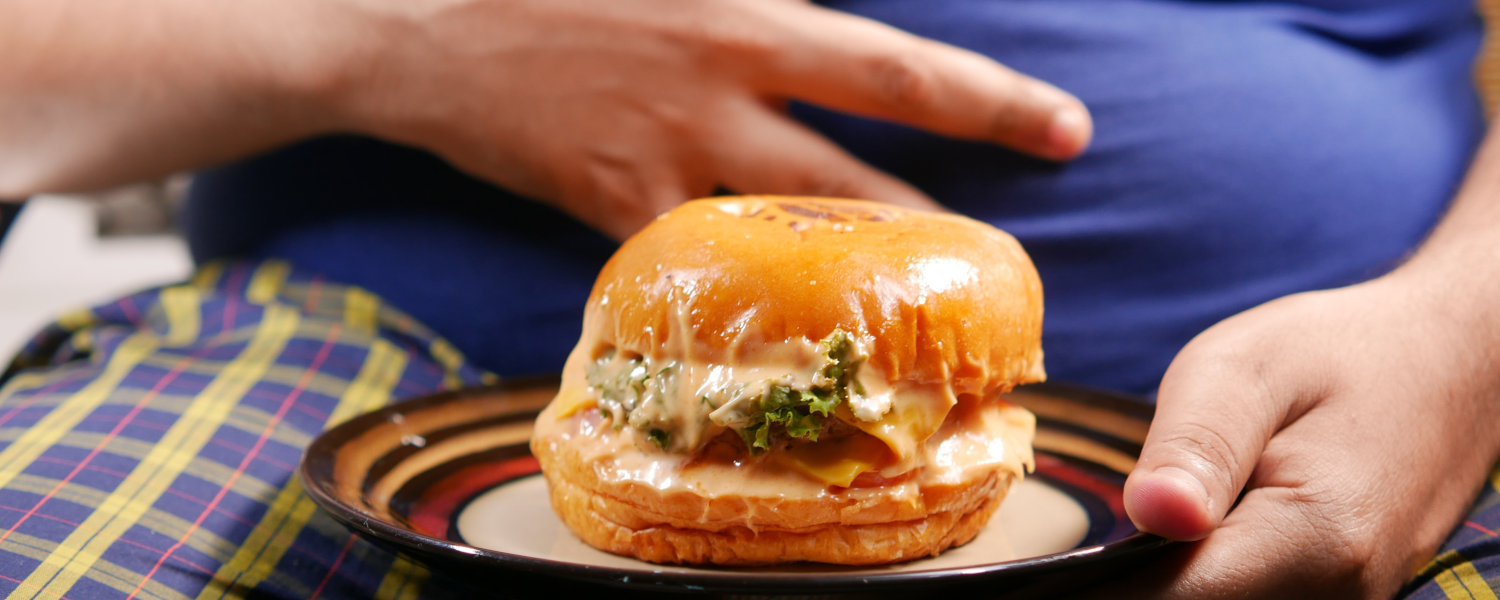Key Takeaways About Using Edibles When Sick
- Some research has explored the relationship between cannabis and viruses, but it’s far from conclusive.
- If you use cannabis while sick, edibles may be less irritating than smoking.
- It’s best to consult a physician before using cannabis if you have the flu or a cold.
Many consumers incorporate cannabis into their personal wellness routines, but research on its benefits remains in its infancy, raising plenty of questions. So, does that mean it’s okay to take edibles when you’re sick with flu or a cold? There may be complications, so it's always best to ask your doctor.
Is Taking Edibles When Sick With Flu a Bad Idea?
Because inhaling smoke can irritate the airways, it’s reasonable to avoid smoking while you’re sick. Edibles are less irritating to the lungs but may have stronger, longer effects.
“If you’re consuming cannabis while sick, edibles may be an optimal choice to avoid inhaling any smoke that may irritate the lungs and throat,” NuggMD medical practitioner Dr. Brian Kessler said when asked if consuming edibles when sick is a good option.
Can I Take Edibles When Sick With a Cold?

There’s no evidence that cannabis treats or cures colds or flu. Some lab and animal studies suggest antiviral or anti-inflammatory activity of certain cannabinoids, but these findings are preclinical and not specific to the common cold.
In cell-based and animal studies, cannabinoids exhibit a complex relationship with viral infections, according to a review published in the peer-reviewed journal Pharmaceuticals. In some cases, the potential anti-inflammatory properties of cannabinoids may be helpful, but in other cases, cannabinoids may interfere with the cell’s natural immune response, enabling the infecting virus to spread.1
Early research has suggested that cannabis may have an impact on the virus that causes COVID-19. In a review of previous studies published in the journal Molecules, researchers found that some cannabinoids have the potential to bind to the virus that causes COVID, thereby inhibiting its replication. Cannabis may also have anti-inflammatory properties that could be therapeutic in cases of COVID.2 Of course, this is still in its earliest stages and by no means implies that cannabis can treat COVID.
Another study published by the International Journal of Molecular Sciences found that the endocannabinoid system may play a key role in modulating the body's immune response. Such an effect could potentially impact how the body responds to many different conditions, including cancer, autoimmune diseases, and the common cold.3
A meta-analysis of studies on cannabis and pain published in Cannabis and Cannabinoid Research found that cannabis may be moderately effective against pain, a frequent symptom of colds and flu. The results of human clinical studies are mixed, though, so your experience may vary.4
Because there is no clear answer on the effect cannabis has on colds and flu, it’s best to check with your doctor and use cannabis with care when you are sick.
Are CBD Edibles While Sick a Problem?
The effect of CBD on viral infections, such as the flu and the common cold, is also unclear. Preliminary studies based on pre-clinical data suggest that CBD has anti-inflammatory properties and may help alleviate some viral infections, according to a paper published in the Journal of Cannabis and Cannabinoid Research.5
Many people tolerate CBD, but it can cause side effects and interact with medications (via CYP450 enzymes). Moderation and medical guidance are important, especially when you’re ill. However, there is no specific research that says CBD will treat the flu or the common cold.
Why You Should Talk to Your Doctor Before Using Edibles While Sick

Although some research suggests that cannabinoids may have a beneficial impact on viral infections, patients should not assume that it is a good idea to use edibles when they are sick with a cold or the flu.
“Consuming cannabis edibles isn’t likely to pose a significant risk to your health,” says Dr. Kessler. “However, it should be noted that if you are already feeling unwell, the intoxicating effects of the edibles may not alleviate your symptoms and could potentially make you feel worse.”
Research shows that numerous medications may interact with cannabis and potentially interfere with their efficacy by influencing their metabolism. A study published in the American Association of Pharmaceutical Scientists’ official journal found that cannabinoids may inhibit the enzymes the body uses to break down some medications.6 As a result, it is a good idea to consult a physician before mixing cold medications and cannabis edibles when you are sick.
“Cannabinoids like CBD do have the potential to interact with medications that are commonly used when you have a cold or flu,” Dr. Kessler notes. “These medications may become less effective or, when combined with THC, could have enhanced intoxicating effects.”
Proceed with Caution
While some research explores the effects of cannabis on common illnesses, more research is needed to understand the role cannabinoids may play in the treatment of upper respiratory infections. Cannabis may also interact with medications commonly taken to relieve the symptoms of colds and flu. As a result, patients should consult their doctors before taking edibles when sick, especially if they plan to take other medications to treat their illness.
References
- Reiss CS. Cannabinoids and Viral Infections. Pharmaceuticals. 2010;3(6):1873-1886. doi:https://doi.org/10.3390/ph3061873 ↩︎
- Almogi-Hazan O, Or R. Cannabis, the Endocannabinoid System and Immunity—the Journey from the Bedside to the Bench and Back. International Journal of Molecular Sciences. 2020;21(12):4448. doi:https://doi.org/10.3390/ijms21124448 ↩︎
- Almogi-Hazan O, Or R. Cannabis, the Endocannabinoid System and Immunity—the Journey from the Bedside to the Bench and Back. International Journal of Molecular Sciences. 2020;21(12):4448. doi:https://doi.org/10.3390/ijms21124448 ↩︎
- Hill KP, Palastro MD, Johnson B, Ditre JW. Cannabis and Pain: A Clinical Review. Cannabis and Cannabinoid Research. 2017;2(1):96-104. doi:https://doi.org/10.1089/can.2017.0017 ↩︎
- Mabou Tagne A, Pacchetti B, Sodergren M, Cosentino M, Marino F. Cannabidiol for Viral Diseases: Hype or Hope? Cannabis and Cannabinoid Research. 2020;5(2). doi:https://doi.org/10.1089/can.2019.0060 ↩︎
- Doohan PT, Oldfield LD, Arnold JC, Anderson LL. Cannabinoid Interactions with Cytochrome P450 Drug Metabolism: a Full-Spectrum Characterization. The AAPS journal. 2021;23(4):91. doi:https://doi.org/10.1208/s12248-021-00616-7 ↩︎
The information in this article and any included images or charts are for educational purposes only. This information is neither a substitute for, nor does it replace, professional legal advice or medical advice, diagnosis, or treatment. If you have any concerns or questions about laws, regulations, or your health, you should always consult with an attorney, physician or other licensed professional.




